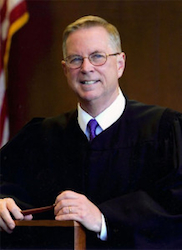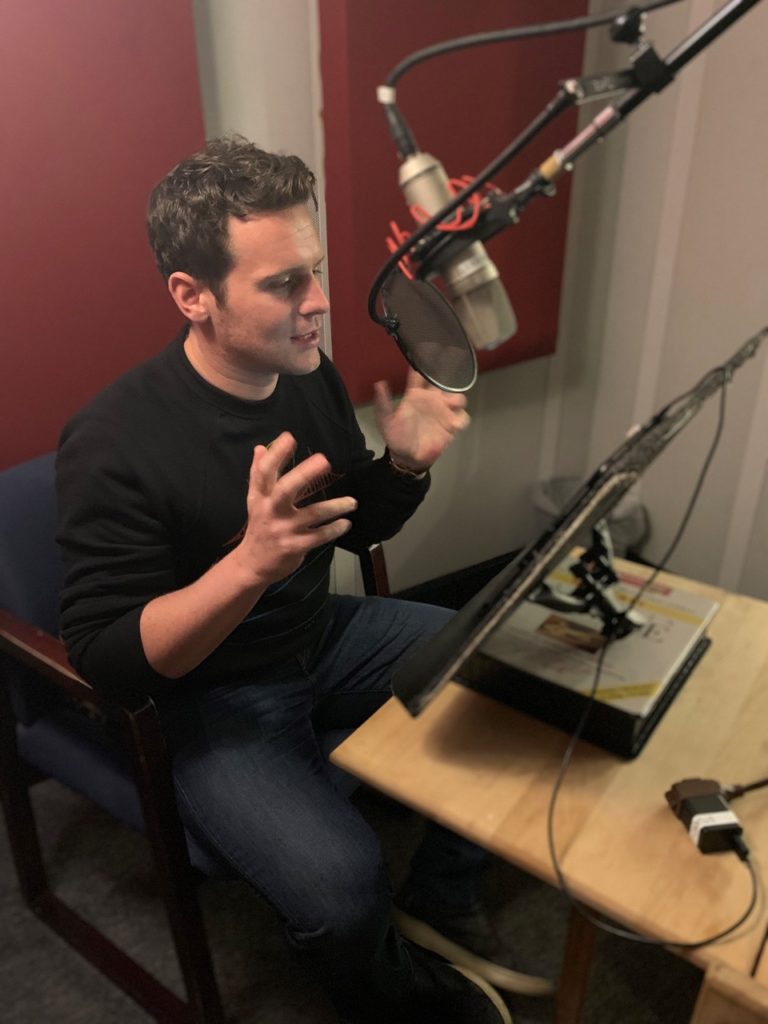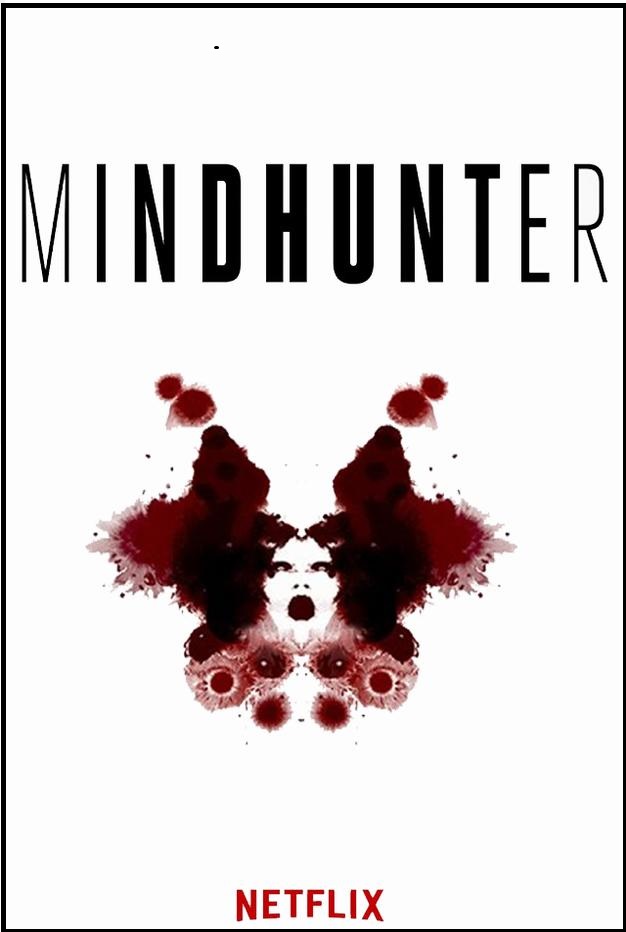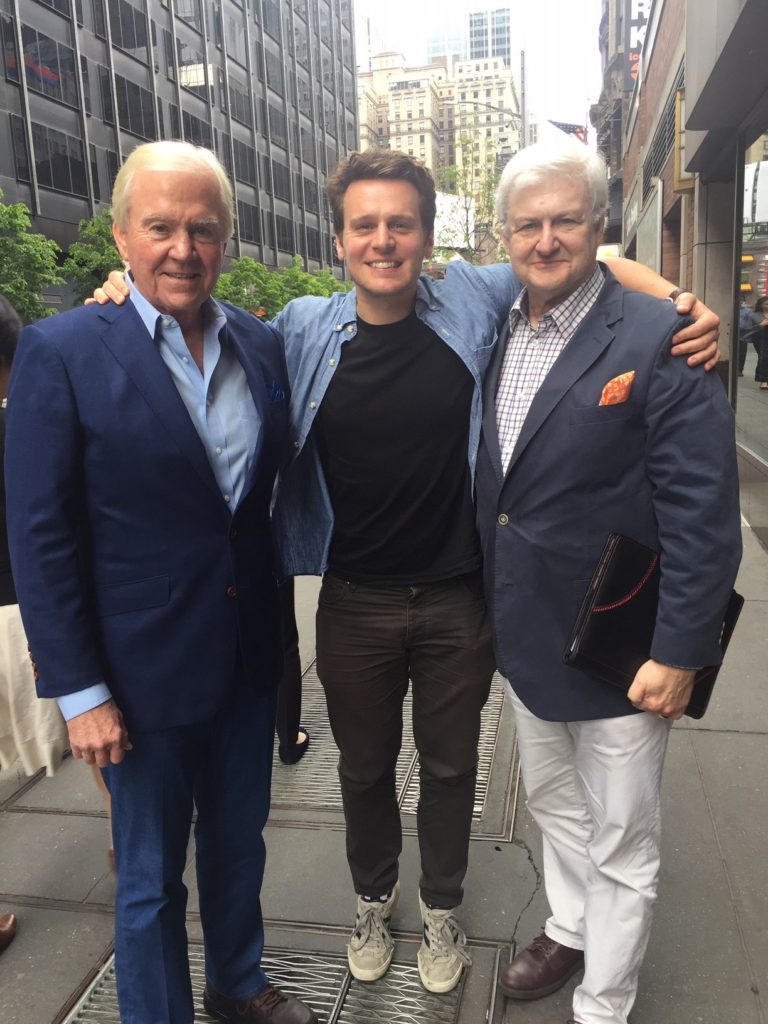When we were researching, investigating and writing up the cases in Law & Disorder, it was quite an eye-opener to realize how many criminal convictions are flawed by bad evidence, bad science, bad publicity, bad lawyering and bad judging. We know, of course, that no system of justice is perfect, but the number of cases we came across – while still small in terms of percentages – was nonetheless alarming – far more than we could possibly write about.
In Seattle, retired Judge Mike Heavey feels the same way.
We became acquainted with Judge Heavey in our investigation of the Meredith Kercher murder case in Perugia, Italy, as we concluded that Amanda Knox and Raffaele Sollecito had no part in the crime and had been convicted in an egregious miscarriage of justice. Heavey has recently stepped down as a Superior Court Justice for King County, Washington, which includes Seattle and is one of the most populous counties in the nation.
Mike’s daughter Shana had gone to high school with Amanda, so he started looking into the case as well. His conclusions were the same as ours. Together with Tom Wright, a writer and former Hollywood producer who was also the father of one of Amanda’s schoolmates, and another writer named Jim Lovering, he took up the cause of her and Raffaele’s innocence.
It was Mike Heavey who headed up the team that presented our briefing on Capitol Hill last week that also included the precise analysis of former FBI Special Agent Steve Moore.
But once he’d been through the process with Amanda and Raffaele, Mike didn’t stop there. He has now formed Judges for Justice, the next step in his illustrious career that includes decorated army service in Vietnam, a prominent legal career and terms in the Washington State House of Representatives and Senate, before 12 years on the bench. Jim Lovering has joined him in the effort.
Judges for Justice’s mission statement explains:
A wrongful conviction is a failure of the justice system in the most fundamental sense. Our mission is to provide independent, impartial and experienced judicial analysis of cases of alleged innocence. We use our experience in an effort to make a neutral and independent analysis of the case. An independent judicial evaluation may be instrumental to governors, parole boards, the press, and other interested parties in their assessment of innocence. In appropriate cases, it may expedite the release of the innocent.
A nonprofit organization made up of former judges whose stock in trade is to be both impartial and incisive can be a powerful force for both justice and truth. They will be skeptical of all claims, but understand the dynamics of investigation and trial so as to get to the facts of what really happened.
We wish Judges for Justice all the best and look forward to joining them in their efforts.




























I’m glad the judges are doing this….and it’s about time!
Wrongful convictions are becoming legion in the US and elsewhere. The most recent, Ryan Ferguson released today. Everyone wants to blame the ‘system’ (the lawyers, prosecutors, judges, police) but I disagree….I blame the….Juries….They are the only one who can ‘convict’ wrongly.
In my experience I’ve seen jurors sleeping, playing tic tack doe, doing crossword puzzles. I have heard them tell me they’ll convict anyone/ everyone brought before them with or without evidence because….
They don’t want to be there.
They want to get done as fast as possible.
They are not paid.
Matters are too ‘confusing’ for their limited capacity to understand/ decide.
A system is only as good as the people you put into it. American juries get it wrong about 20% of the time and as far as I know it’s because a lot of the time they don’t even try.
That is an important priority for any society. Do we err on the side of letting guilty people go or punishing innocent people?
I think historically the worst crimes have been by committed by governments against their own people. In the 20th century alone scores of millions of people were extinguished by tyranny (Hitler, Stalin, Mao Zedong, Pol Pot…).
My opinion is that we have to err on the side of letting guilty people go. I think we could do a better job of getting rid of the monsters among us if we did a better job of stopping witch hunts.
Another good example along with Damien Echols is John Thompson. This was a case of attempted premeditated murder on the part of prosecutors, who knew all along that there was exonerating evidence,
http://www.innocenceproject.org/Content/Holding_Prosecutors_Accountable.php
This is why we have a lengthy appeals process even though in many cases it seems ridiculous.
Good question, Ryan. i am sure more guilty people go free than innocent people convicted, but that is small comfort to those people wrongly accused, convicted and jailed, especially someone like Damien Echols who spent the years from 18 to 36 on Arkansas death row.
I’m curious the numbers of wrongly accused vs. wrongly released.